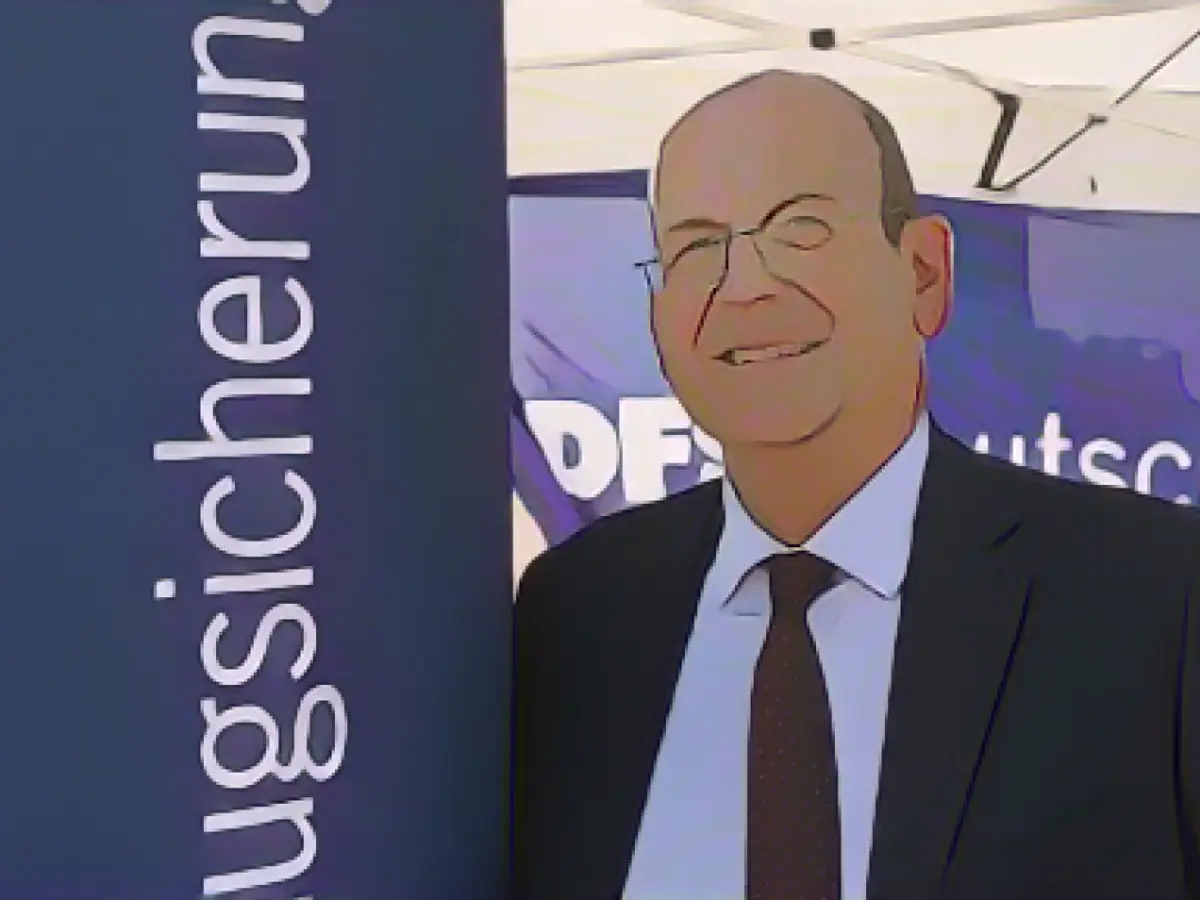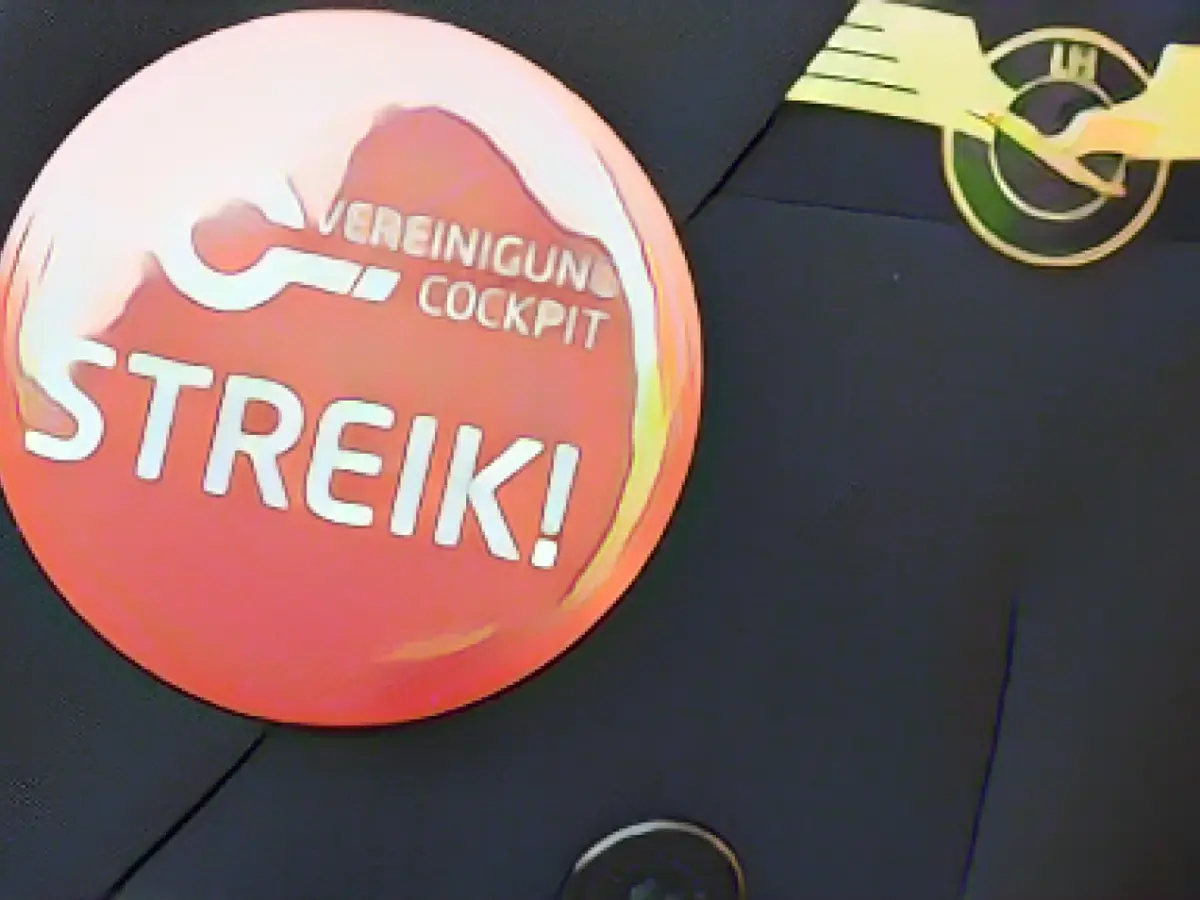Navigating the Skies: Unlocking German Airspace's Potential with Tech Innovations
Air traffic control in Germany is grappling with a long-term challenge—bottlenecks in its skies. Arndt Schoenemann, the chief of Germany's Air Navigation Services (DFS), believes technology is the only viable solution to addressing these problems, as increasing staff levels isn't a feasible or sustainable option .
In a bid to alleviate the pressure on air traffic control, particularly in Southern Germany, DFS is currently testing new data technology on two departure routes from Düsseldorf and Stuttgart . This cutting-edge technology could potentially replace much of the verbal communication between controllers and crews, paving the way for a more efficient, data-driven approach to air traffic management. According to Schoenemann, it's time to shift away from the traditional reliance on voice radio .
Germany's air traffic control systems experienced a noticeable surge in demand during the pre-Coronavirus era of 2019 . However, as the pandemic recedes, only 92% of the 2019 levels are expected to be reached by 2023. In contrast, the upper airspace above Southern Germany, controlled from Karlsruhe, is already operating at 120 to 130% of its pre-crisis capacity . This abundance of flights is putting a significant strain on the region's air traffic control infrastructure.
Technological advancements are being used to address these challenges at various levels. Hamburg Airport is implementing OneControl, an advanced air traffic management system developed by ADB SAFEGATE . This system streamlines ground movements while prioritizing safety with features like Airport Safety Nets, Shadow Routing, and Silent Coordination.
The German government is also focusing on establishing a regulatory framework for Advanced Air Mobility (AAM) operations, which will integrate electric vertical take-off and landing (eVTOL) aircraft into the existing mobility system . The aim is to achieve zero-emission mobility by 2030 .
Moreover, Lufthansa is partnering with the German Aerospace Centre (DLR) to explore how quantum computing could revolutionize airline planning, crew scheduling, and flight operations . Quantum algorithms could outperform traditional optimization techniques in complex scenarios like rearranging aircraft and crew assignments in the face of disruptions.
DFS is one of Europe's five cheapest air navigation service providers for route charges, but take-offs and landings remain a point of contention . The German air traffic tax, airport costs, and the aviation security fee levied for passenger and luggage checks are areas of frequent criticism .
Despite the fees being the same for all providers, airlines like Ryanair, Wizz, and Easyjet may still return to the German market after the pandemic, though at a reduced scale, Schoenemann believes . To recoup the approximately 1.2 billion euros in lost revenue caused by the Coronavirus, DFS plans to increase air navigation fees for up to eight years .
References
:
:
:







